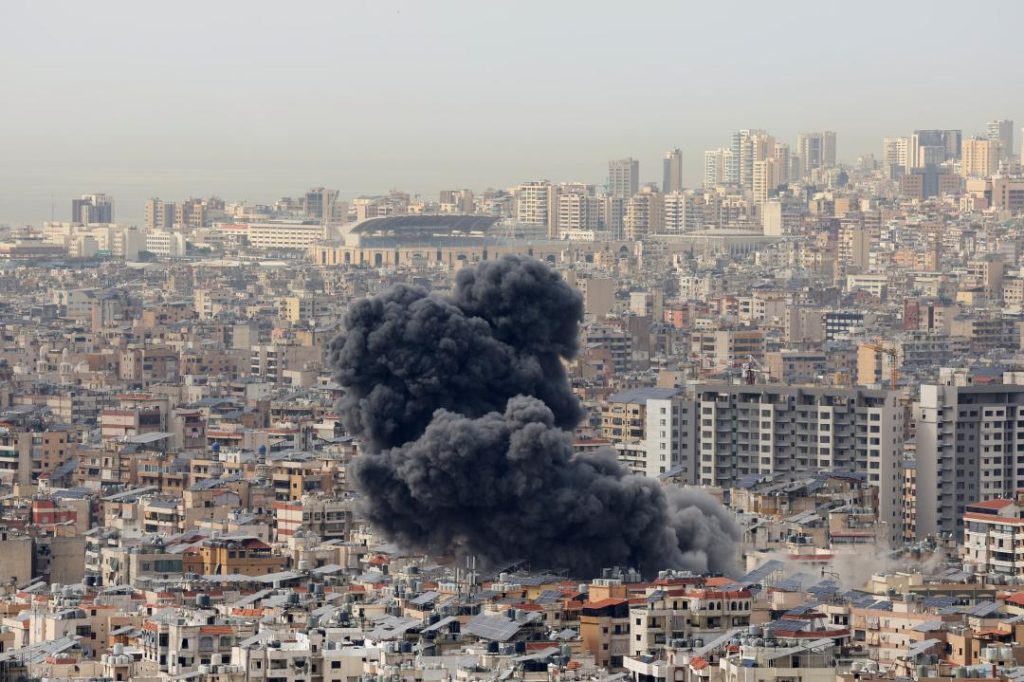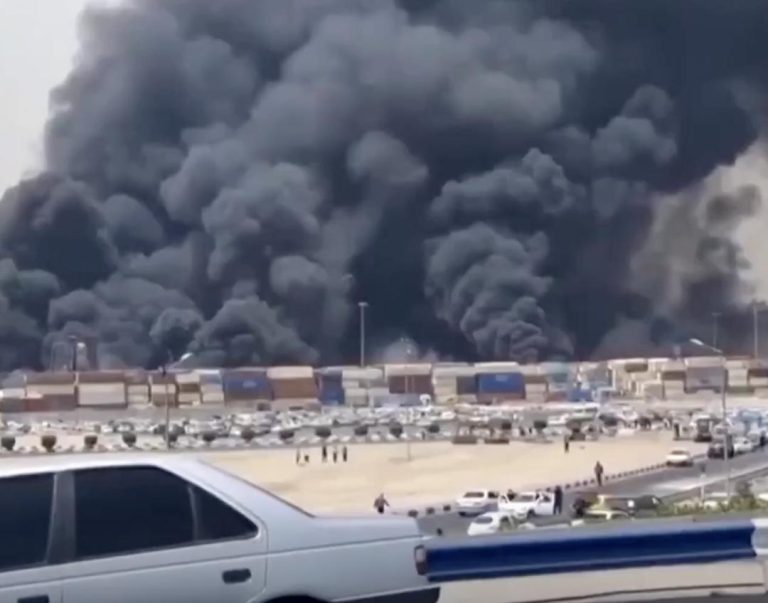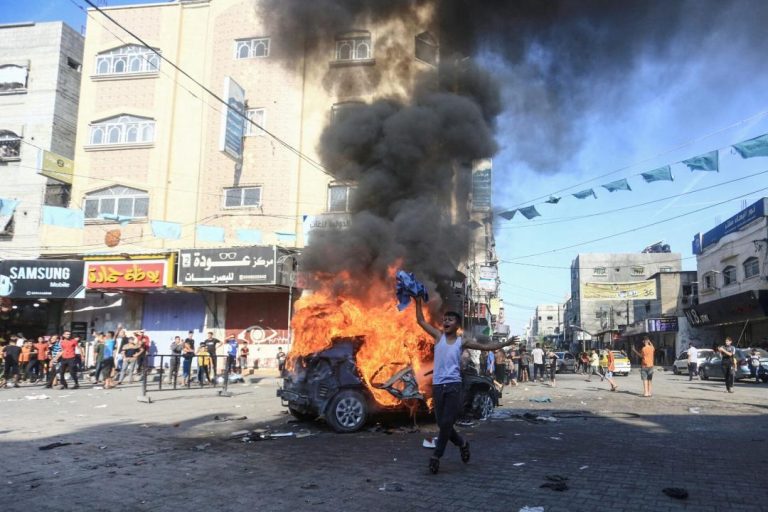
Israeli Jets Strike Beirut’s Suburbs for 3rd Time since Ceasefire
On Sunday, Israeli jets struck Beirut’s southern suburbs, marking the third time the area has been targeted since a ceasefire took effect in November. The Associated Press reported that the strike occurred despite the ceasefire agreement, which was brokered by the United Nations and aimed at reducing tensions between Israel and Hezbollah.
According to reports, the Israeli military issued a warning about an hour before the strike, stating that it was targeting Hezbollah facilities in the Hadath area and urging residents to move at least 300 meters away from the affected areas. While there were no immediate reports of casualties, the strike is likely to cause significant disruption and fear among the local population.
The latest strike is seen as a significant escalation of tensions between Israel and Hezbollah, and comes at a time when the region is already grappling with several other pressing issues. The ceasefire agreement, which was reached in November, was designed to reduce tensions between Israel and Hezbollah and to prevent further conflict. However, the latest strike suggests that the situation remains volatile and unpredictable.
Israel and Hezbollah have been engaged in a series of clashes and skirmishes in recent months, and the situation has been exacerbated by the ongoing conflict in Syria. Hezbollah, which is backed by Iran, has been providing military support to the Syrian government, and has been accused of launching attacks against Israeli targets in Syria.
The Israeli military has been on high alert in recent weeks, and has been conducting regular patrols and surveillance operations along the border with Lebanon. The latest strike is likely to have been carried out by Israeli F-16 fighter jets, which are capable of delivering precise and accurate strikes.
The strike is also likely to have significant implications for the Lebanese government and its people. The government has been struggling to cope with the economic and humanitarian crisis that has been exacerbated by the conflict, and the latest strike is likely to cause further disruption and fear among the population.
In recent years, Israel and Hezbollah have been engaged in a series of conflicts, including the 2006 war and the 2015 border clashes. The latest strike is likely to be seen as a significant escalation of tensions between the two sides, and could potentially lead to further conflict.
The strike is also likely to have significant implications for the international community, which has been calling for restraint and a peaceful resolution to the conflict. The United Nations has been playing a key role in mediating the conflict, and has been working to reduce tensions between Israel and Hezbollah.
In a statement, the Israeli military said that the strike was carried out in response to “ongoing aggression” by Hezbollah, and that it was aimed at preventing the group from acquiring advanced weapons and military capabilities. The statement also said that the strike was carried out in accordance with Israel’s right to self-defense, and that it was designed to protect the country’s citizens and borders.
Hezbollah, on the other hand, has accused Israel of violating the ceasefire agreement and of attempting to provoke a war. The group has also accused Israel of carrying out a series of “aggressive” actions, including the strike on Saturday night.
The situation in Lebanon is also likely to have significant implications for the region as a whole. The country is already grappling with a number of challenges, including a severe economic crisis and a refugee crisis caused by the conflict in Syria. The latest strike is likely to cause further disruption and fear among the population, and could potentially lead to a wider conflict.
In conclusion, the Israeli jets strike on Beirut’s southern suburbs is a significant escalation of tensions between Israel and Hezbollah, and comes at a time when the region is already grappling with several other pressing issues. The strike is likely to cause significant disruption and fear among the local population, and could potentially lead to further conflict. The international community must continue to work towards a peaceful resolution to the conflict, and must urge both sides to exercise restraint and to avoid any actions that could exacerbate the situation.






